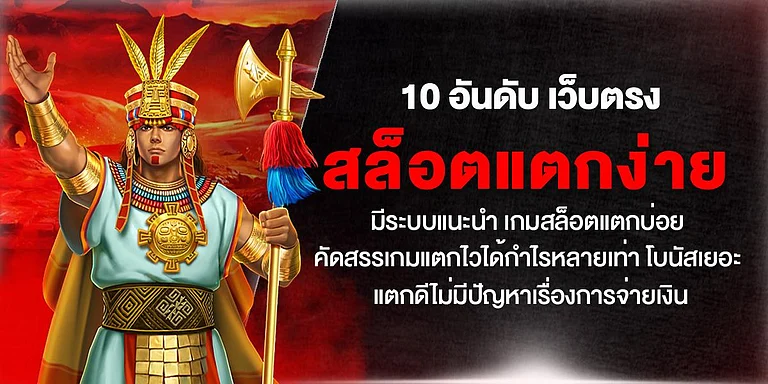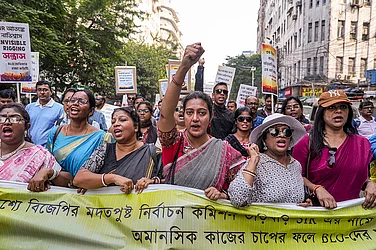The changes in the privacy clause of the RTI Act suggested by the Justice Srikrishna panel will allow corrupt officers to escape public scrutiny, Information Commissioner Sridhar Acharyulu has said.
Calling the changes proposed in the draft Personal Data Protection Bill, 2018 as unwarranted, Information Commissioner Sridhar Acharyulu has written to Chief Information Commissioner R K Mathur and all other commissioners to discuss the recommendations and take a stand to oppose "to save the Right to Information".
The draft bill is based on the recommendations of the government-constituted panel headed by Justice B N Srikrishna.
"We need to emphasise that any proposal to amend provisions of the RTI Act shall not be taken up without wide ranging consultation with public in general and ICs in particular," Acharyulu said in a note circulated among all commissioners, a copy of which is accessed by the PTI.
The draft bill seeks to amend Section 8(1)(j) of the RTI Act which exempts from disclosure personal information subject to several conditions.
Section 8(1)(j) of the RTI Act exempts from disclosure "information which relates to personal information the disclosure of which has no relationship to any public activity or interest, or which would cause unwarranted invasion of the privacy of the individual unless the Central Public Information Officer or the State Public Information Officer or the appellate authority, as the case may be, is satisfied that the larger public interest justifies the disclosure of such information."
The Srikrishna panel has suggested replacing Section 8(1)(j) of the RTI Act as "information which relates to personal data which is likely to cause harm to a data principal, where such harm outweighs the public interest in accessing such information having due regard to the common good of promoting transparency and accountability in the functioning of the public authority. Provided, disclosure of information under this clause shall be notwithstanding anything contained in the Personal Data Protection Act, 2018."
The proposed definition of personal data, is very wide in scope, ambiguous, wide and unlimited, Acharyulu said.
He said in the present act, the larger public interest is the test to relax the exemption and PIO may decide to give information whereas draft bill says the undefined 'public interest' is ambiguous and suggested to specify the clause.
"But what he recommended is clad in more ambiguity and gave wide scope to misinterpret," he said.
He said the PIO has more difficult task to understand whether this ambiguous harm is going to outweigh common good of promoting transparency which is neither easy for PIO nor for applicant to explain this or justify, he said.
According to Acharyulu, the Srikrishna panel report did not define common good, promotion, transparency, and accountability.
"Another wonderful fact is: the report or the Bill did not define the 'privacy'," he said.
Most important expression that can cause serious harm to RTI is "harm" used in the draft bill language, he said, adding that the bill gives 10 clauses which will constitute 'harm'.
"Any RTI request may embarrass or upset or cause worry to 'data principal' i.e. public servant, that might be considered as mental injury. PIO can instantly reject any information calling it embarrassing or that can cause mental injury," he said.
He said 'loss of reputation' is another form of 'harm' underlining that every disclosure about disciplinary action on misconduct generally is capable of causing some 'loss of reputation'.
"It does not stop with this. The report says even possibility of 'humiliation' is enough to deny, as the Section 8(1)(j) says ‘which is likely to cause harm'. The expression ‘likely’ is a general prefix for all kinds of harms listed in Section 3(21) and those not listed. Actual harm and likely harm could be grounds for rejection," he said.
He said according to the recommendations, if disclosure of any information under RTI is likely to subject a corrupt officer to black mail or extortion, PIO can refuse.
"With this clause, every corrupt officer can be safeguarded from possible black mail. Corruption related information can become his private information as per this report," he said.
He said the 10 clauses of 'harm' given by Srikrishna panel "will be ten exit gates" from public servants to escape from RTI scrutiny by the people.
"The replacement of Section 8(1)(j) is not warranted. There is absolutely no need to replace present privacy clause, as it has properly balanced the privacy rights of the public servants and the public interest in disclosure of information in connection with public activity," he said.
He said the report and the bill as far as its interference with RTI is concerned, deserve to be rejected at threshold.
PTI


























